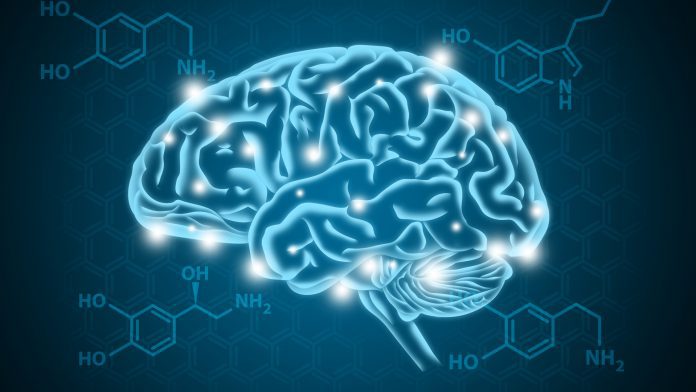
Inflammation and the molecule histamine could play a key role in the cause of depression, new research has suggested.
A study carried out on mice by researchers at Imperial College London and the University of South Carolina found that inflammation, and the accompanying release of histamine, affects serotonin levels in the brain. The researchers say that, if replicated on human models, the findings could lead to more treatments for depression.
The role of serotonin
The molecule serotonin is a naturally occurring substance that functions as a neurotransmitter to carry signals between nerve cells throughout the body. In the brain, serotonin helps with mood regulation and is therefore a key target for depression-tackling drugs. Commonly prescribed selective serotonin reuptake inhibitors (SSRIs) inhibit the re-absorption of serotonin in the brain, allowing it to circulate for longer and improve mood. However, although SSRIs bring relief to many people, a growing number of individuals are resistant to their effects. Researchers believe one reason for this could lie in the specific interactions between chemical messengers, or neurotransmitters, including serotonin and histamine.
Lead author Dr Parastoo Hashemi, from Imperial’s Department of Bioengineering, said: “Inflammation could play a huge role in depression, and there is already strong evidence that patients with both depression and severe inflammation are the ones most likely not to respond to antidepressants.
“Our work shines a spotlight on histamine as a potential key player in depression. This, and its interactions with the ‘feel-good molecule’ serotonin, may thus be a crucial new avenue in improving serotonin-based treatments for depression.”
For this study, researchers set out to investigate the relationship between histamine, serotonin, and SSRIs. The team created microelectrodes to measure serotonin and placed them into the hippocampus of the brains of live mice – an area known to regulate mood. The technique, known as fast scan cyclic voltammetry (FSCV), allowed them to measure brain serotonin levels in real time without harming the brain, as they are biocompatible and only five micrometres wide.
Inflammation caused reduction in serotonin
After placing the microelectrodes in the hippocampus, the researchers injected half of the mice with lipopolysaccharide (LPS), an inflammation-causing toxin found in some bacteria, and half of the mice with a saline solution as a control. Brain serotonin levels dropped within minutes of the LPS injection, whereas they remained the same in the control mice, demonstrating how quickly inflammatory responses in the body translate to the brain and affect serotonin. LPS is unable to cross the protective blood-brain barrier and could therefore not have caused this drop directly.
On further investigation, the team found that the histamine in the brain was triggered by the inflammatory response and directly inhibited the release of serotonin, by attaching to inhibitory receptors on the serotonin neurons. These inhibitory receptors are also present on human serotonin neurons, meaning that this effect may translate to people.
To counter this, the researchers administered SSRIs to the mice, but they were much less able to boost serotonin levels than in control mice. They theorised that this is because the SSRIs directly increased the amount of histamine in the brain, cancelling out its serotonin boosting action.
The researchers then administered histamine-reducing drugs alongside the SSRIs to counter histamine’s inhibitory effects and saw serotonin levels rise back to control levels. This appears to confirm the theory that histamine directly dampens serotonin release in the mouse brain. These histamine-reducing drugs cause a whole-body reduction in histamine and are distinct from antihistamines taken for allergies, which block histamine’s effects on neurons.
Future research
The researchers say that, if their work translates to humans, the findings could aid in eventually diagnosing depression by measuring chemicals like serotonin and histamine in human brains. In addition, they could also lead to new avenues of exploration for histamine as a causative agent of depression, including potentially developing novel drugs that reduce histamine in the brain.
As the work was done using animals, more research is needed to investigate whether the concepts translate to humans. However, because microelectrodes cannot currently be used to make similar measurements in human brains, the researchers are now exploring alternative methods to get a snapshot of the brain by looking at other organs which use serotonin and histamine, like the gut.
Dr Hashemi added: “Inflammation is a whole-body response and is therefore hugely complex. Depression is similarly complex, and the chemicals involved are affected in a myriad of ways by both genetic and environmental factors. Thus, we need to look at more complex models of depression behaviours in both mice and humans to get a fuller picture of both histamine and serotonin’s roles in depression.”









